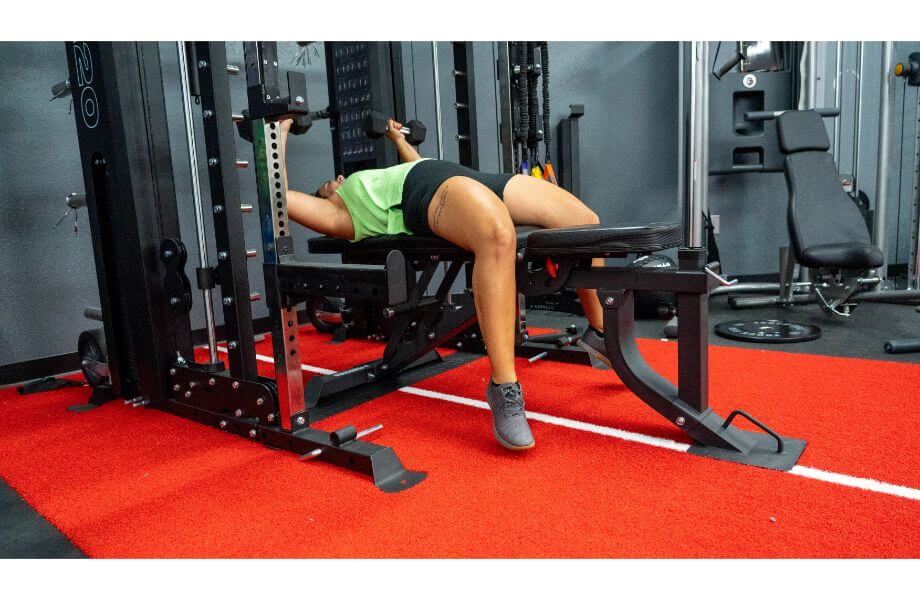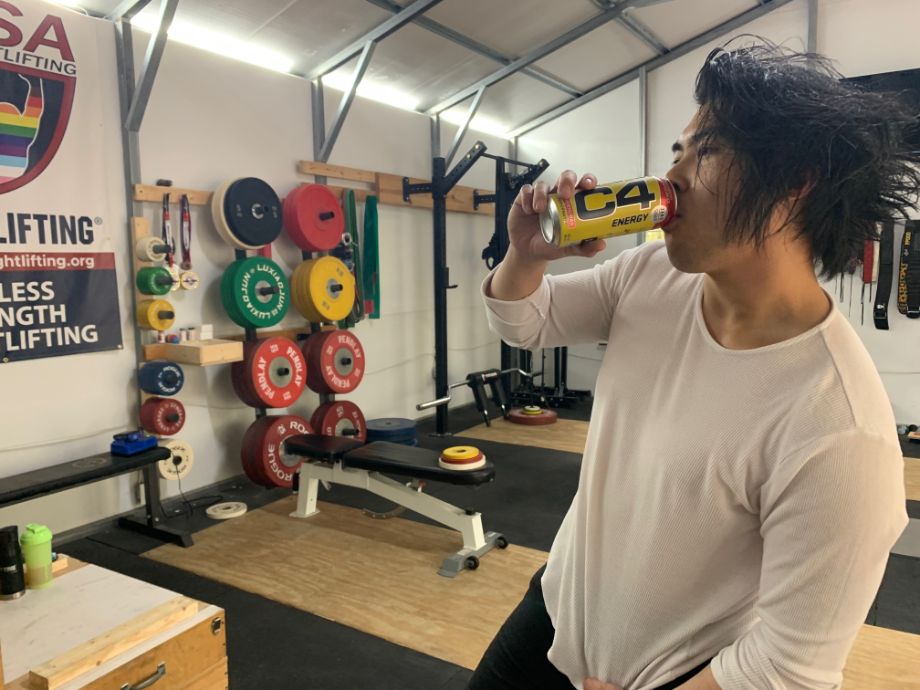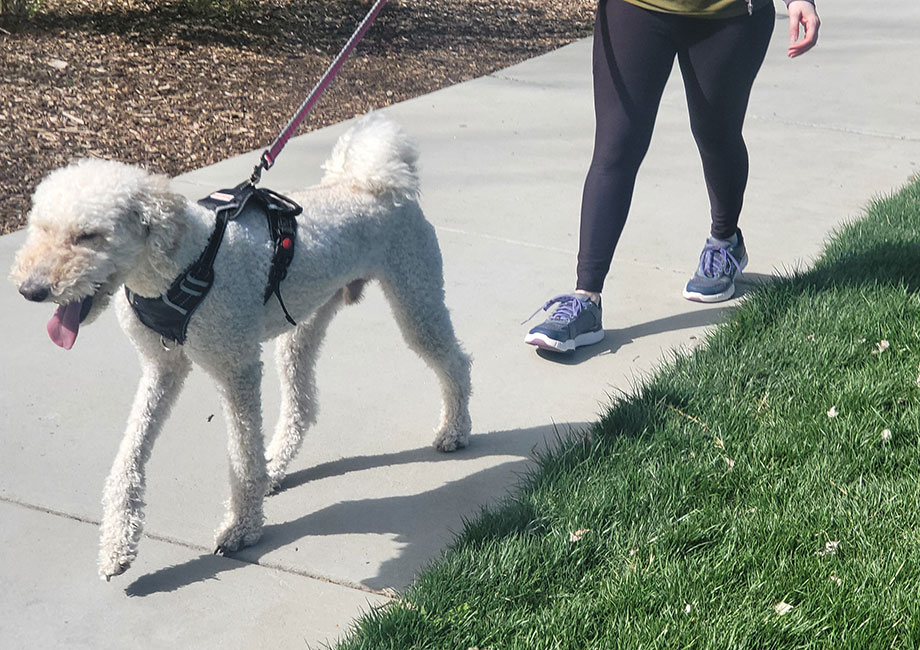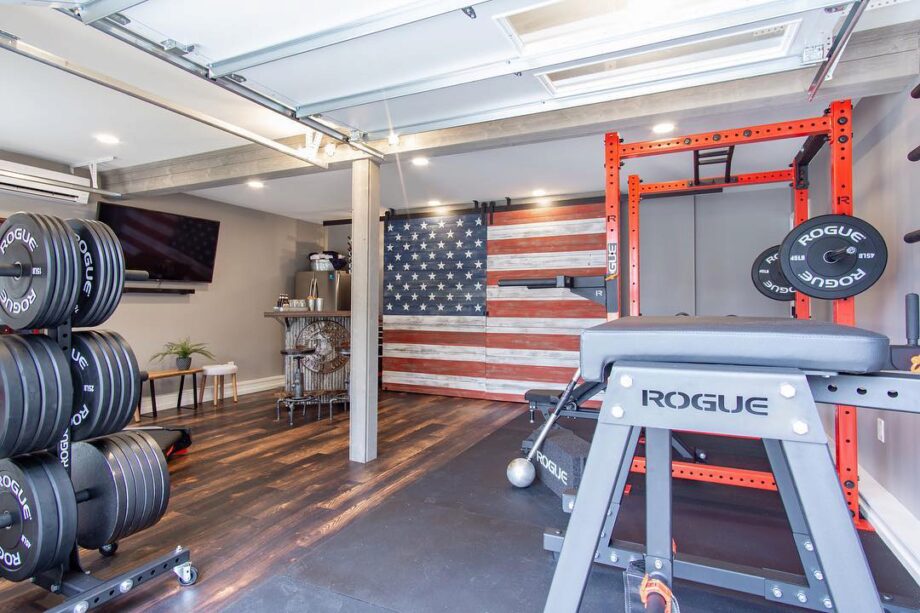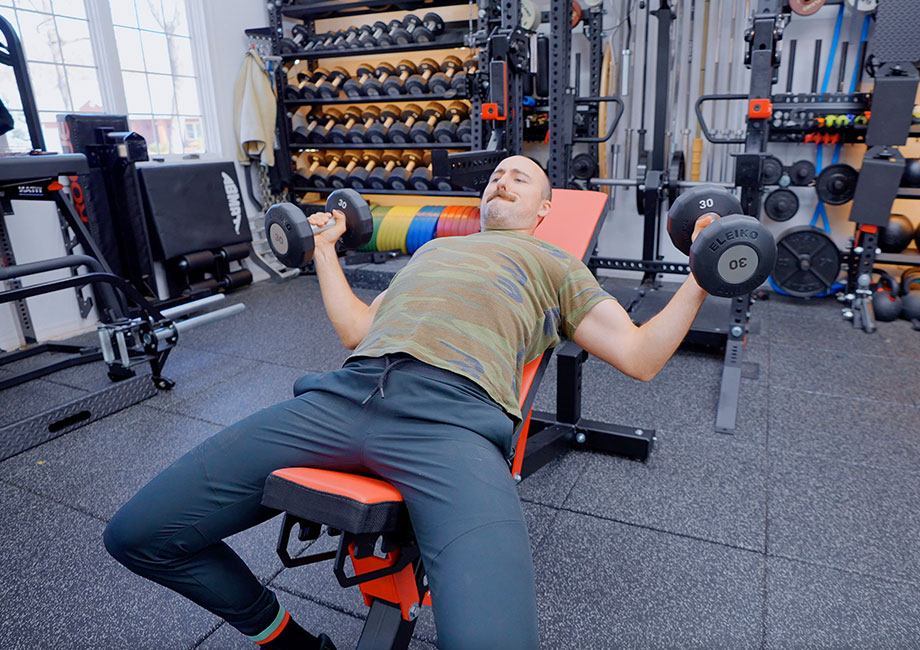Lots of fitness enthusiasts tackle chest training with heaping helpings of bench presses, chest dips, and other exercises intended to target the muscle group. Incorporating exercises such as these into your chest workout is great, but your poor lower pecs are going to get minimal activation unless you tweak the movement a tad.
Focusing your training to target the lower and upper chest muscles equally ensures a well-developed chest that bodybuilders would swoon to see. You wind up not only providing a stimulus to the muscle from all angles, supporting optimal aesthetics, but you work to prevent strength imbalances, too.
Here are eight exercises to help you get an excellent low chest workout. If you’re looking to target this often-overlooked area, we recommend programming a few into your chest workout routine and stat!What Are Your Lower Chest Muscles?
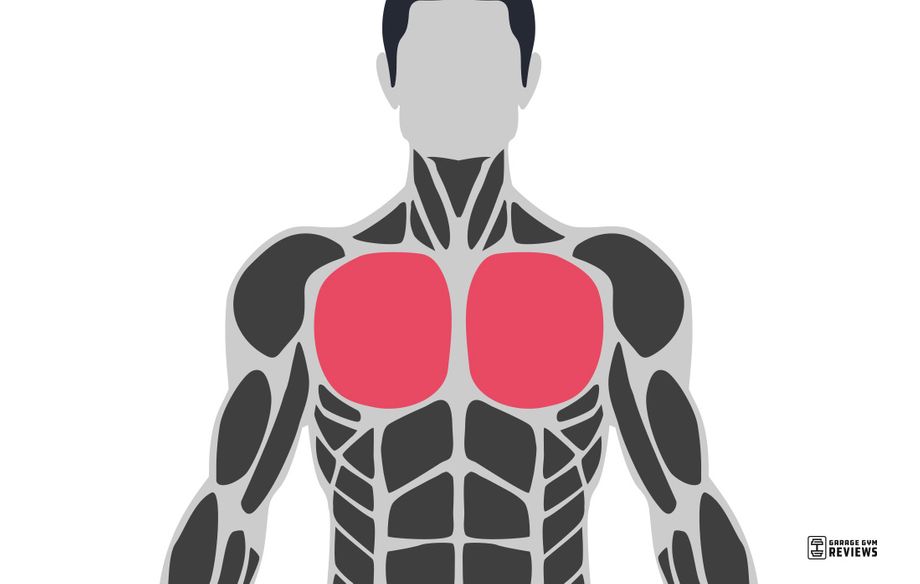
Many of us are guilty of banging out the chest presses just to show off some bulging pecs on the beach, but what do we need our chest muscles for beyond just looking good?
The chest consists of the pectoralis major, pectoralis minor, serratus anterior, and subclavius. According to StatPearls1, the chest muscles “are responsible for moving the upper extremities in a wide range of motion…[including] flexion, adduction, and internal rotation of the humerus, stabilization of the scapula…and depressing the bones of the thorax.”
There is no dedicated “lower chest muscle.” Rather, the sternal head of the pectoralis major, located where your sternum and abdominal muscles meet. This portion of the pectoral muscle is primarily responsible for “extension of the flexed arm2.”
Lower chest exercises, therefore, primarily target the lower region of the pectoralis major, in proximity to the sternoclavicular head, with some activation of the serratus anterior3 as well.
Lower Chest Workout
We’re about to share some of the best exercises for targeting your lower chest muscles, but how exactly do we put it all together into a cohesive workout?
According to a 2015 study published in the Journal of Strength and Conditioning Research4, “[multiple] sets of each exercise were superior to a single set of each exercise in promoting strength, muscle endurance, and muscle hypertrophy increases in upper-body musculature.” Based on these findings, researchers recommend between three and five sets of eight to twelve reps, as this format “emphasizes both strength and local muscular endurance.”
With this in mind, here’s a sample workout to provide excellent activation to your lower chest muscles that will equally cater to build muscle and endurance.
| Exercise | Sets | Reps |
| Dumbbell Bench Press | 4 | 8 |
| Dumbbell Flyes | 4 | 12 |
| Dumbbell Pullover | 4 | 12 |
| Push-Ups | 4 | 12 |
Make sure you get a good warm-up before jumping in and take rest as needed between sets and exercises. If you’re feeling really good when you reach that last set of push-ups, feel free to rep to failure before doing your cooldown stretches and calling it a day.
Keep in mind that our sample workout here is designed to be well-rounded for general fitness purposes. If it’s hypertrophy or strength you seek, you may need to make a few adjustments.
A 2002 study published in the European Journal of Applied Physiology5, which compared results from low, medium, and high rep training regimens, “maximal strength improved significantly more for the Low Rep group,” who performed four sets of only three to five reps, while “maximal aerobic power and time to exhaustion significantly increased…for only the High Rep group,” who performed two sets of between twenty and twenty-eight reps.
Based on these findings, we recommend reducing the number of sets and reps while selecting progressively heavier weights if your goal is strength, whereas you should do more sets and reps of lighter weight if you’re most interested in muscle growth.
When in doubt, consult a qualified fitness professional, coach, or CPT for personalized advice.
RELATED: How Many Reps To Build Muscle
8 Lower Chest Exercises
So, we know about the muscles we’re working out today, and we know how to program an effective workout routine that will provide excellent activation to our target area, but what exactly are we doing?
Without further ado, the lower chest exercises!
Move 1: Barbell Bench Press
Why do it: We already love the barbell bench press since it blasts your chest, shoulders, and triceps, but it also provides great activation to the lower chest. This one’s an all-around upper body builder that you should be performing regularly during chest training workouts.
How to do it:
- Load a barbell and set it on the rack. Lie on the flat bench beneath it.
- Firmly grip the barbell with your hands approximately shoulder-width apart. Your wrists and forearms should stack vertically directly underneath the bar.
- Breathe in, engage your core, bring your shoulder blades together, and slowly lower the bar to your chest. Control the descent.
- Exhale and push the bar back to the starting position.
- Repeat as needed.
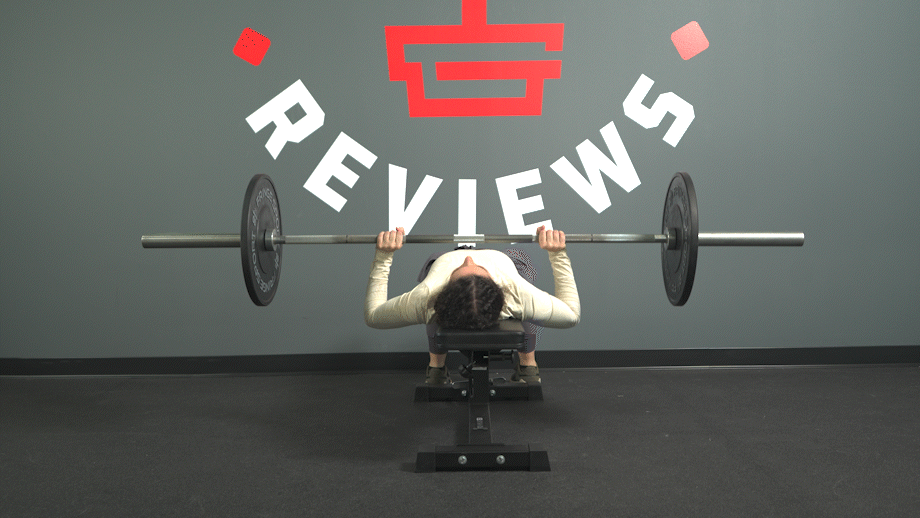
Move 2: Dumbbell Bench Press
Why do it: The dumbbell bench press is great. You get all the same perks of the barbell version, but increase activation of stabilizing muscles to keep them from swaying from left to right during the range of motion.
How to do it:
- Sit on the end of a flat bench with a dumbbell in either hand, resting them on your thighs. Push the dumbbells to chest height using your legs and lie back simultaneously to get into the starting position.
- Slowly lower the dumbbells to your chest.
- Push them back to the starting position.
- Repeat as needed.
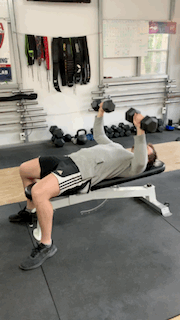
Move 3: Cable Flyes
Why do it: We love making good use of the cable machine for exercises like the cable crossover and, of course, the cable fly. Cable exercises provide constant tension throughout the range of motion, allowing a greater stretch and activation in the chest muscles compared to standard free weight versions.
How to do it:
- Set the cable machine pulleys to approximately shoulder height, attach the handles of your choice, and select the desired weight. Then, grab the handles, keeping your arms mostly outstretched to the sides with a slight bend in the below, and step forward.
- Push the handles toward one another until they meet in front of your body.
- Squeeze your pecs briefly, then slowly return to the starting position.
- Repeat as needed.
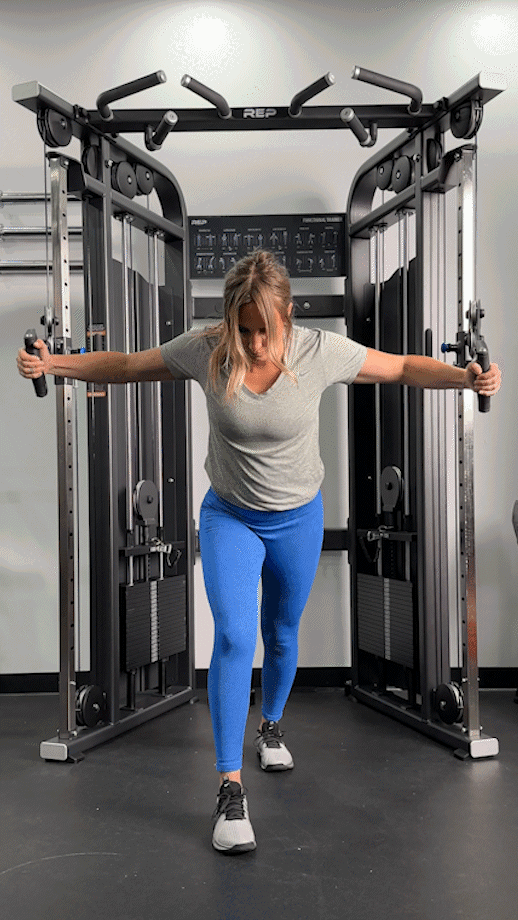
Move 4: Dumbbell Flyes
Why do it: All you need is a bench and a set of the best dumbbells to perform the dumbbell fly, which provides similar activation as its cable machine-using counterpart.
How to do it:
- Sit on the end of a flat bench with a dumbbell in either hand, resting them on your thighs. Push the dumbbells to chest height using your legs and lie back simultaneously to get into the starting position.
- Slowly lower your arms to your sides while maintaining a slight bend in the elbow.
- Bring the dumbbells back up, squeezing your pecs at the top of the movement.
- Repeat as needed.
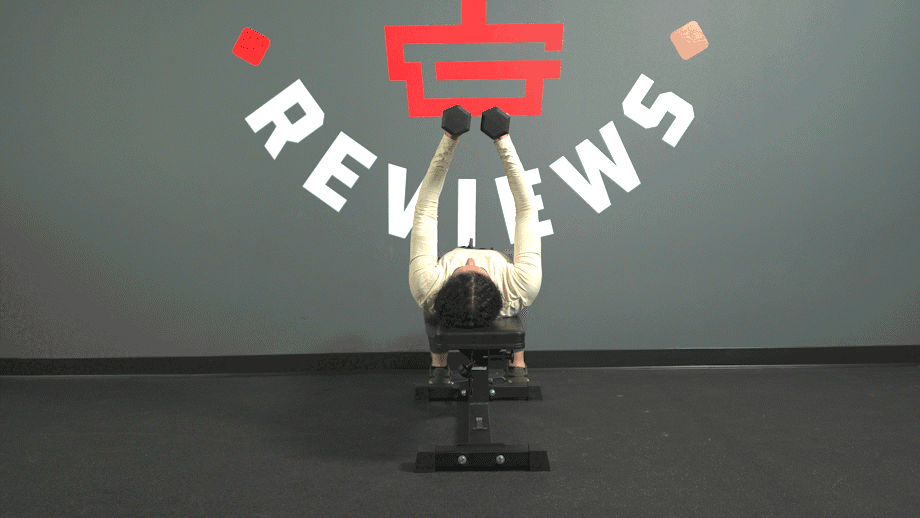
Move 5: Push-Ups
Why do it: As a bodyweight exercise, push-ups are super convenient. All you need is a relatively small portion of floor space to drop down and blast your chest, shoulders, and triceps.
How to do it:
- Get into the high plank position with your hands approximately shoulder-width apart.
- Engage your core, take a deep breath, and lower your body by bending the elbows. Ideally, your chest should touch the floor, but do not lose tension at the bottom.
- Exhale and push yourself back into the starting position.
- Repeat as needed.
RELATED: What Muscles Do Push-Ups Work?
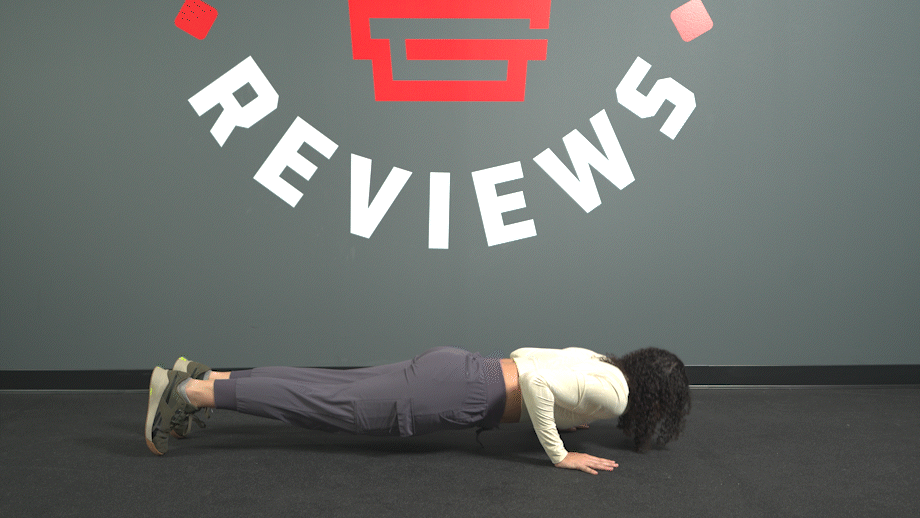
Move 6: Incline Push-Ups
Why do it: The push-up is already pretty comprehensive for building an all-around strong chest, but the incline variation places special emphasis on the lower pectoral muscles, as well as the deltoids and upper arms.
How to do it:
- Grab a bench, a box, or something else sturdy and place your hands on it.
- Take a deep breath and lower your chest into the object by bending your elbows.
- Exhale and push yourself back into the starting position.
- Repeat as needed.
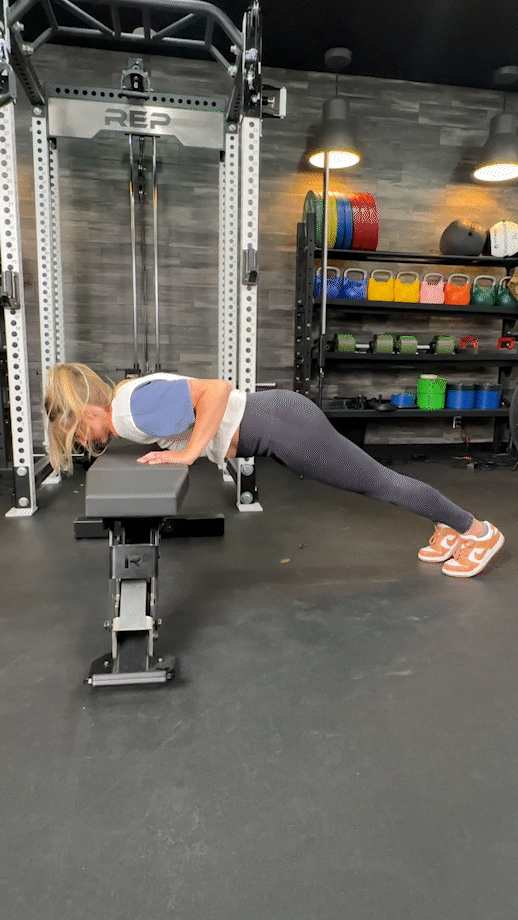
Move 7: Dumbbell Pullover
Why do it: Dumbbell pullovers provide great activation in the lower chest muscles, as well as the triceps, lats, and core muscles. The positioning also allows for lateral expansion of the ribcage, which helps improve breathing and flexibility.
How to do it:
- Lie on a flat bench. Your knees should create a 90-degree angle, your feet planted firmly on the floor, and your upper back and shoulder blades should press into the bench..
- Hold the dumbbell with both hands above your head.
- Keeping a slight bend in the elbows, lower your arms behind your head until your arms are essentially pointed to the wall behind you.
- Push the dumbbell back up into the starting position.
- Repeat as needed.
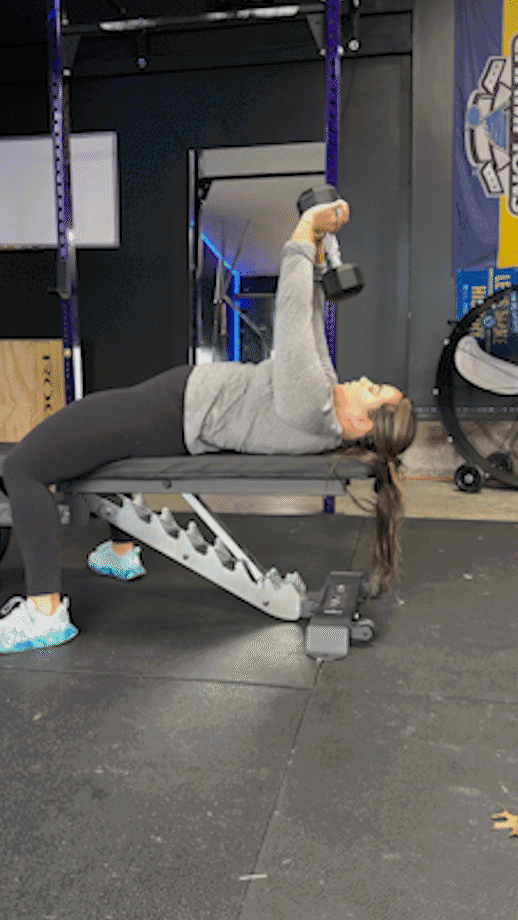
Move 8: Dips
Why do it: Dips don’t look like much, but this compound exercise is an upper body blaster. They require very little equipment to perform and target various areas of the chest depending on the angle of your torso during the dip.
How to do it:
- Position yourself between a set of parallel bars and hold the handles with a neutral grip. Lean forward to increase activation in the chest muscles.
- Lower your body by bending the elbows until they create a 90-degree angle.
- Push yourself back into the starting position by straightening the arms.
- Repeat as needed.
RELATED: Dips Vs Pull-Ups
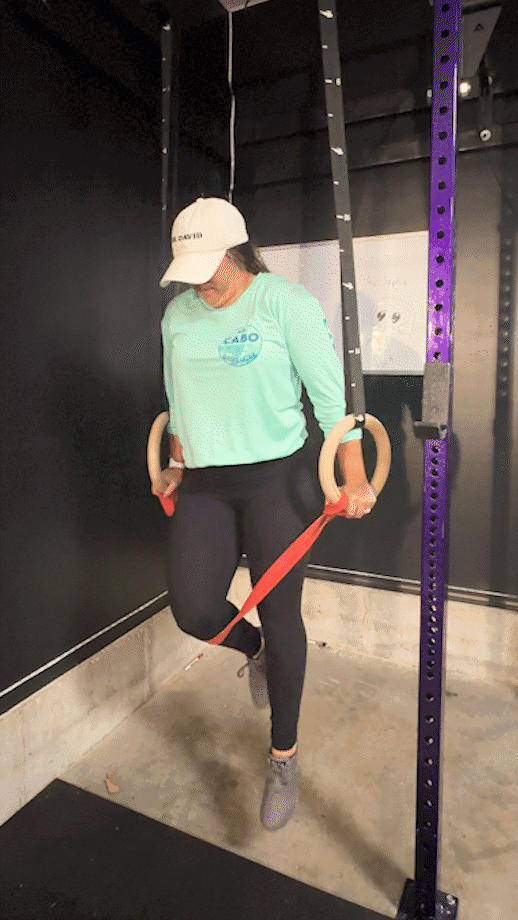
Low Chest Workouts: Final Thoughts
Nearly everyone already works “chest day” into their split, but how many place a special focus on the lower chest? Do you?
Working out your lower chest provides similar strength and size benefits as standard chest training, but you also get activation in an often-overlooked region of the pectoralis major that translates to unique benefits, including improved cardiopulmonary function6.
Include some of our lower chest workout exercises into your next chest session, and start enjoying the benefits of training the lower chest now!
Low Chest Workouts: Q&A
What is the most effective exercise for the lower chest?
There are many great movements, exercises, and lifts for targeting the lower chest. For beginners, we recommend starting with the above eight exercises and branching out from there.
If you’re already a novice or advanced lifter, converting your standard barbell bench presses into decline bench presses will provide superior activation in the lower pectorals.
According to a 2020 study published in the International Journal of Environmental Research and Public Health7, researchers observed “significantly greater lower pectoral activation with a decline bench press,” making it one of the best variations to focus on the lower chest.
How can I work my lower chest at home?
Getting a great workout can be tricky to do from home, unless you have an incredible setup equipped with the best home gyms, barbells, power racks, and other luxuries.
For the true minimalists, you can get good results from push-ups and incline push-ups alone, while grabbing a pair of dumbbells and a bench will allow you to perform flyers, pullovers, and dumbbell bench presses as well.
Why is my lower chest not defined?
So, you’ve been giving it your all in the gym, but your lower pecs still aren’t showing the definition you desire. What gives?
Two of the biggest reasons include a lack of targeted exercises and lack of progressive overload. Standard chest training exercises provide plenty of activation across the whole muscle group, but you’ll want to work in some of the above recommendations to get the most bang for your buck in your lower pecs.
You’ll also want to be sure you abide by the principles of progressive overload and you’re scaling the weight or resistance appropriately to keep the workload challenging as you progress.
Roll in an ironclad diet that supports lean muscle growth, and you should get those results you’ve been chasing. For personalized advice, consider working with a coach, CPT, or nutritionist.
References
1. Baig MA, Bordoni B. Anatomy, Shoulder and Upper Limb, Pectoral Muscles. [Updated 2022 Aug 30]. In: StatPearls [Internet]. Treasure Island (FL): StatPearls Publishing; 2023 Jan
2. Solari F, Burns B. Anatomy, Thorax, Pectoralis Major Major. [Updated 2022 Jul 25]. In: StatPearls [Internet]. Treasure Island (FL): StatPearls Publishing; 2023 Jan
3. Lung K, St Lucia K, Lui F. Anatomy, Thorax, Serratus Anterior Muscles. [Updated 2022 Sep 26]. In: StatPearls [Internet]. Treasure Island (FL): StatPearls Publishing; 2023 Jan
4. Radaelli R, Fleck SJ, Leite T, et al. Dose-response of 1, 3, and 5 sets of resistance exercise on strength, local muscular endurance, and hypertrophy. J Strength Cond Res. 2015;29(5):1349-1358. doi:10.1519/JSC.0000000000000758
5. Campos GE, Luecke TJ, Wendeln HK, et al. Muscular adaptations in response to three different resistance-training regimens: specificity of repetition maximum training zones. Eur J Appl Physiol. 2002;88(1-2):50-60. doi:10.1007/s00421-002-0681-6
6. Janyacharoen T, Thayon M, Bushong W, Jaikla N, Sawanyawisuth K. Effects of resistance exercise on cardiopulmonary factors in sedentary individuals. J Phys Ther Sci. 2016;28(1):213-217. doi:10.1589/jpts.28.213
7. Rodríguez-Ridao D, Antequera-Vique JA, Martín-Fuentes I, Muyor JM. Effect of Five Bench Inclinations on the Electromyographic Activity of the Pectoralis Major, Anterior Deltoid, and Triceps Brachii during the Bench Press Exercise. Int J Environ Res Public Health. 2020;17(19):7339. Published 2020 Oct 8. doi:10.3390/ijerph17197339


